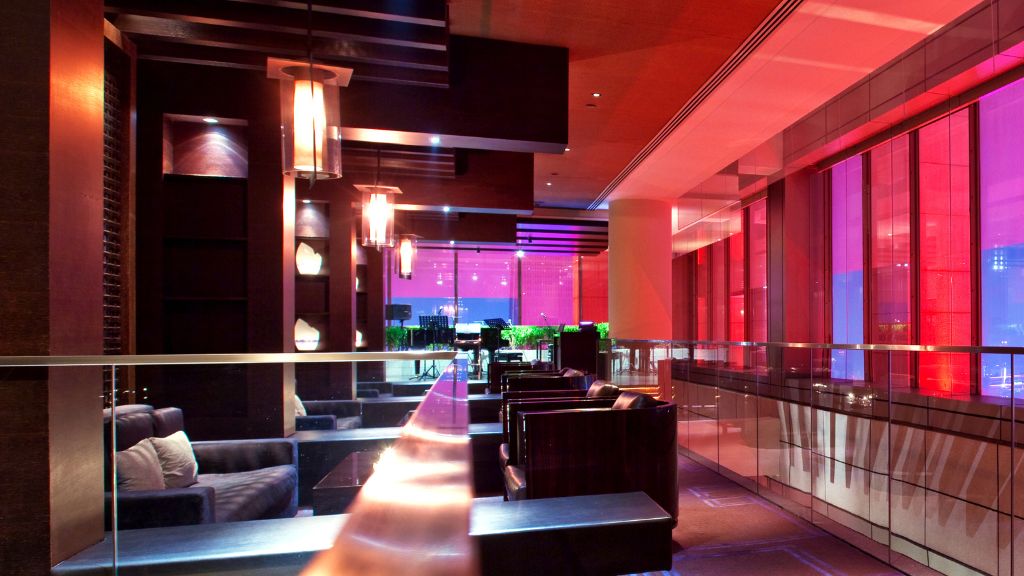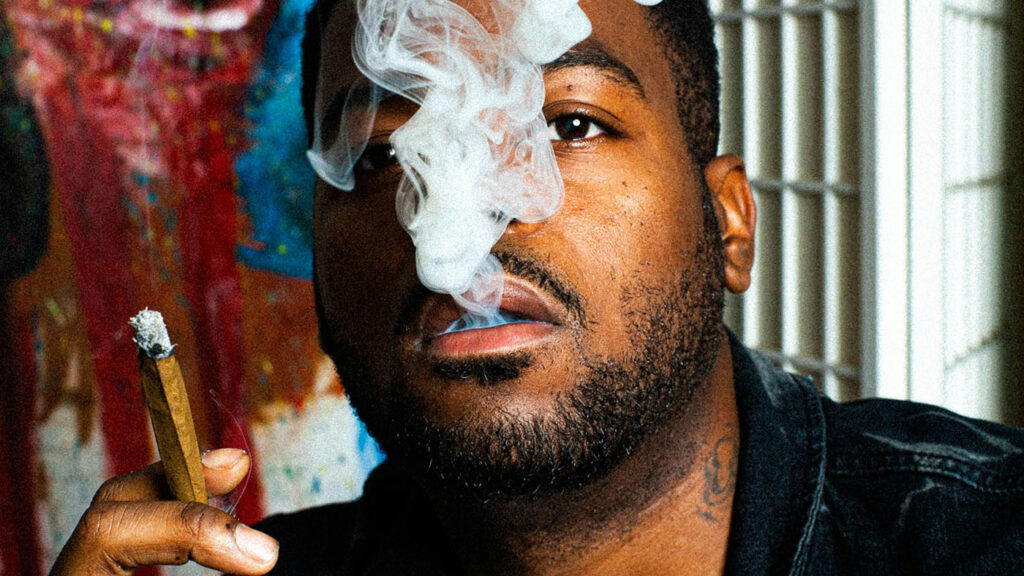Estimated reading time: 7 minutes
Table of contents
Cliff Notes: Missouri cannabis lounge laws overview
Objective: Understand the current Missouri cannabis lounge legal landscape and how organizers are using a private club model.
Key Components:
- Missouri law currently prohibits state-licensed cannabis lounges.
- Public cannabis use is illegal except in health-regulated, licensed areas—which don’t exist yet.
- A growing number of private, nonprofit cannabis clubs (e.g. Treehouse Lounge) operate in a legal gray area, relying on city-level discretion.
- The state ATC prohibits cannabis use in liquor-licensed establishments; federal law compounds this issue.
- Some cities, like St. Louis, are exploring “cannabis cafe” ordinances to allow edibles and consumption zones.
- Entrepreneurs must be careful: clubs should be non-retail, member-only, nonprofit entities—not public or commercial.
- Major compliance risks include zoning violations, unlicensed sales, or serving food/alcohol.
Catalyst BC’s Missouri cannabis consulting team can help you structure clubs legally, avoid enforcement pitfalls, and pursue opportunities as the laws evolve. Learn more about our Missouri cannabis consulting services or Book your Complimentary Consultation today.

Introduction
Missouri’s adult-use legalization (Amendment 3, 2022) did not establish any state license for cannabis lounges. In fact, the Division of Alcohol and Tobacco Control (ATC) has advised that “it will continue to be unlawful to consume marijuana on a licensed premise”.
The law even made public smoking illegal except in a “licensed area” defined by health regulations (no lounge regime has been created yet). Consequently, there is no state-regulated consumption lounge for recreational cannabis at this time.
Instead, an underground network of private, membership-only clubs has emerged. For example, “The Treehouse Lounge” and “Mary Jane’s Place” operate outside of municipal boundaries under nonprofit/private club models. They rely on the fact that Missouri leaves cannabis lounge regulation to cities/counties (in a bit of a legal gray area).
Regulatory Reality
Missouri’s Attorney General and regulators have basically told people you can’t open a cannabis cafe with sales, but enforcement has been lax so far.
Federal law (18 U.S.C. § 922) also prohibits establishments from having both cannabis and liquor licenses, meaning no state liquor-licensed bars can allow weed. The ATC circular emphasized that possession or use on liquor-licensed premises remains a violation unless an explicit exemption is created. Thus, the only legal approach is a strictly private club: no sales, no public signage, and only members of a private organization may consume their own cannabis. Even then, local authorities can shut them down under nuisance or zoning laws unless local ordinances allow it.
What Entrepreneurs Can Do
City governments are starting to catch on.
St. Louis is considering “cannabis cafe” ordinances that would legalize infused edibles and cannabis consumption zones. If passed, applicants would need a city business license and state Cannabis Cafe permit (if created).
Outside such cities, entrepreneurs can set up nonprofit clubs by meeting criteria: file as a 501(c)(7) or similar, obtain a Private Club license (if required by the city), and enforce strict membership-only rules. Clubs typically charge daily or annual dues (e.g. $5 daily at one Missouri club). They focus on being “cannabis-friendly lounges” without official sanction – a risky but currently the only practical model.
Compliance Challenges
Operating any lounge without clear legal status is high-risk.
The state’s position is that allowing consumption on any premises is “improper or unlawful conduct” without DHSS approval. Federal law on controlled substances also looms. If you try to open a lounge, expect opposition from ATC or local law enforcement.
Key pitfalls include failing to register as a nonprofit club, advertising public events, or inadvertently allowing sales (even “BYOC” verification can be challenged). Some existing clubs mitigate risk by not accepting cash on-site (only dues paid off-premises) and keeping tight guest logs.
Why Hire a Cannabis Consultant?
In Missouri’s uncertain regulatory landscape, launching a cannabis lounge—or any cannabis-friendly space—requires careful legal and operational planning. One misstep can lead to shutdowns, fines, or worse. That’s where an experienced Missouri cannabis consultant comes in.
At Catalyst BC, we help entrepreneurs navigate Missouri’s evolving cannabis environment by offering strategic guidance on private club structuring, local ordinance engagement, compliance protocols, and long-term scalability. Whether you’re exploring a nonprofit club model or preparing for future cannabis lounge licensing, our consultants provide the insight and expertise you need to move forward with confidence.
Let us help you turn a legal gray area into a viable, sustainable business model.
Learn more about our Missouri cannabis consulting services or Book your Complimentary Consultation today.
Missouri Cannabis Lounge FAQs
No – Missouri has no official license for consumption lounges. Public use and sales remain illegal. Any Missouri cannabis lounge must operate as a private club with no state oversight.
Not explicitly. Clubs operate in a legal gray area; some localities tolerate them if they adhere to private club laws. Technically, selling membership fees might be seen as illegal drug facilitation, so caution is needed.
A bill in St. Louis (Board Bill 65) could allow “cannabis cafes” serving infused food via dispensary purchase. Watch local legislation in cities; statewide, no such law exists yet.
No liquor license allows cannabis on premises under current law. Cannabis lounges cannot have a state cannabis retailer license because they don’t sell. They rely on being a non-retail private entity.
Only local zoning and general laws. Clubs must follow fire codes, business licensing (if needed), and must prevent on-site transfer of cannabis to others. There’s currently no specific cannabis law barring private consumption (only public consumption is banned).
Mostly by membership. For example, Treehouse Lounge charges $15 for a day pass or membership dues, and it operates outside city limits to avoid local bans.
Some clubs have been shut down for zoning violations, others tolerated. Federal cannabis prohibition could still be invoked if authorities decide to prosecute.
Likely not if you want to avoid classification as a food service (which would trigger health dept. scrutiny). Many clubs avoid serving any cannabis or alcohol, focusing solely on providing space.
Yes. Catalyst BC’s Missouri cannabis consultants can advise on structuring your business (e.g. as a nonprofit club vs. dispensary with backroom lounge) and navigating local ordinance options.
Navigating the Missouri cannabis legal landscape is complex. A specialized Cannabis Consultant brings deep regulatory knowledge, operational best practices, and hands-on project management.
From initial concept and licensing to grand opening and ongoing compliance, Catalyst BC’s end-to-end Missouri Cannabis Consulting services ensure you launch faster, stay compliant, and maximize profitability.
Additional Resources
Free eBooks For Cannabis Business Success
Latest Articles
- Missouri Cannabis Licensing & Business Opportunities 2026Missouri has established itself as the premier success story for cannabis in the Midwest, evolving from a standard medical regime to a high-volume adult-use market that exceeded $1.52 billion in annual sales in 2025. As the market enters the 2026–2027 biennium, the landscape is shifting from rapid expansion toward operational maturation and specialized entry.
- North Carolina Cannabis Licensing & Business Opportunities 2026North Carolina remains one of the final significant jurisdictions in the United States without a comprehensive medical or adult-use cannabis program. However, the 2026–2027 biennium is projected to be the most consequential period in the state’s cannabis history. Driven by the formation of the North Carolina Advisory Council on Cannabis and an impending federal “hemp cliff,” the state is moving from a period of passive prohibition toward a structured, albeit highly restrictive, regulatory framework.
- Nebraska Cannabis Licensing & Business Opportunities 2026Nebraska is entering the 2026–2027 biennium at a historic crossroads. Following the 71% voter approval of Initiatives 437 and 438 in late 2024—the largest margin for a medical cannabis initiative in U.S. history—the state is currently standing up its first regulated medical infrastructure.
- Florida Cannabis Licensing & Business Opportunities 2026Florida represents the most capital-intensive and professionally structured cannabis market in the nation. As of 2026, the state is at a crossroads: it is both expanding its mature medical program and preparing for a potential constitutional shift toward universal adult-use access. On November 3, 2026, Florida voters will decide on the Marijuana Legalization Initiative (Amendment 3). Passing this requires a 60% supermajority—a high threshold, but one that polls suggest is within reach.
- Virginia Cannabis Licensing & Business Opportunities 2026As Virginia transitions from its current “possession-only” model toward a fully regulated retail market, the 2026–2027 biennium represents a once-in-a-generation window for market entry. Unlike the vertically integrated “medical-only” regimes of the past, Virginia’s upcoming framework focuses on decentralization, specifically architected to favor small Virginia-based operators over large multi-state corporations.
- Minnesota Cannabis Licensing & Business Opportunities 2026Minnesota is currently undergoing a transformative shift in its cannabis landscape, moving from a semi-regulated hemp-derived market toward a fully comprehensive adult-use framework. Overseen by the Office of Cannabis Management (OCM), the 2026–2027 biennium represents the critical “enforcement phase” where temporary registrations sunset and permanent, merit-based licenses define the market’s long-term leaders.











